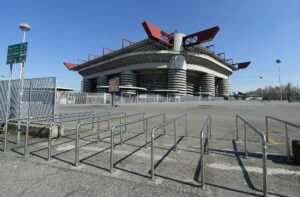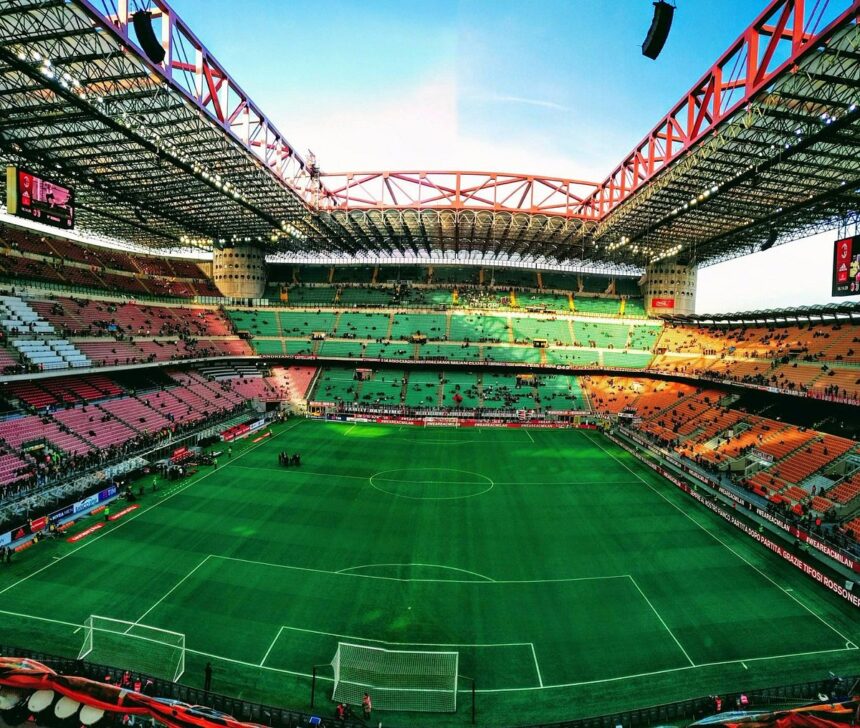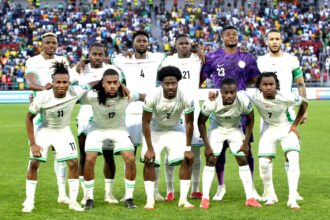-
San Siro will be demolished after Milan approved its €197m sale.
-
Inter and AC Milan plan a €1.2bn replacement stadium.
-
The decision has split opinion.
The Milan municipal council gave the go-ahead for the San Siro to be torn down and rebuilt for Inter and AC Milan early on Tuesday.
ALSO READ: Boniface Orders Romano to Delete Post After Milan Collapse
Councillors voted 24–20 to sell the site and nearby land for €197 million after more than 11 hours of debate.
ATTENTION: Click “HERE” to join our WhatsApp group and receive News updates directly on your WhatsApp!
The clubs had warned they would leave the city if the sale failed and had scouted sites in nearby suburbs.
As a result, the vote — confirmed just before 4:00 a.m. (02:00 GMT) — followed a long session full of proposed amendments.
Both clubs, now owned by U.S. investment funds, joined Mayor Giuseppe Sala in backing a contentious €1.2 billion plan to build a modern arena and new facilities.
If the sale clears by 10 November, when a public protection order against demolition takes effect, Inter and AC Milan will take control of just over 28 hectares (70 acres) on Milan’s western edge.

On the land immediately west of the San Siro, which now serves matchday parking and a small park, the clubs plan a 71,500-seat stadium designed by Foster + Partners and MANICA.
Meanwhile, the current San Siro — which holds about 75,000 fans — will remain the match venue until the new arena opens, targeted for 2031.
After the new ground opens, the clubs will remove much of the old site to make space for parkland, offices and entertainment areas.
Supporters and heritage groups have voiced concern.
Yet city leaders argue that modern facilities and added public space will benefit residents.
Critics counter that the deal lacks detail and sells prime real estate too cheaply.
Politically, the vote split Milan’s council: hard-right parties opposed it, Forza Italia abstained, and some left-leaning councillors also voted against.
Opponents accused the mayor of sidelining local democracy to keep two of Italy’s biggest clubs in the city.
Italy’s football federation welcomed the outcome, and Milan remains a candidate to host Euro 2032 matches.
Overall, the San Siro sale closes one chapter and opens a controversial, far-reaching one that will shape Milan’s sporting and urban future for decades.


